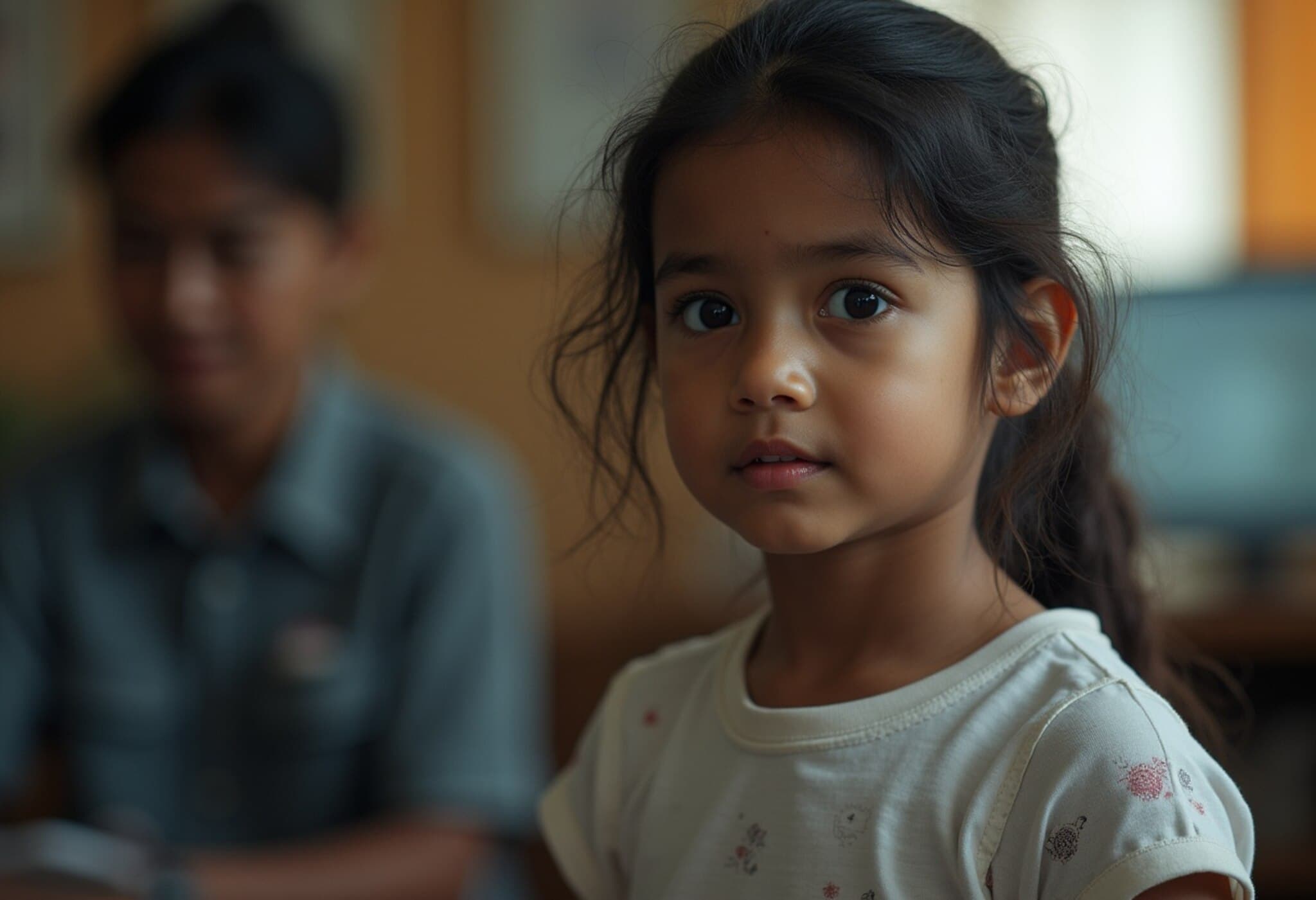Indian National Sentenced Over 14 Years for Sexual Assault in Singapore
In a landmark verdict delivered by the Singapore High Court on July 31, 2025, Ramalingam Selvasekaran, a 58-year-old Indian national, has been sentenced to 14 years and three months in prison for the sexual assault of an 11-year-old girl. This sentence includes additional jail time substituting for the 15 cane strokes he would have otherwise received, exempted under Singapore law due to his age.
Details of the Crime and Trial
The offenses occurred on October 28, 2021, within Ramalingam’s provision store located in Jurong West, Singapore. According to court records, the young victim visited the store twice—the second time to purchase ice cream—during which the accused led her to a private area and subjected her to repeated sexual assaults.
Despite his defense during the trial that began in January 2025, Ramalingam was found guilty on all charges: one count of rape and two counts of outrage of modesty. Intriguingly, he chose to represent himself throughout the proceedings, denying all allegations and vowing to appeal the verdict.
Arguments and Judicial Reasoning
During sentencing, Ramalingam contested the reliability of the victim’s testimony, claiming inconsistencies such as the absence of surveillance footage depicting the child’s journey home and asserting his own medical condition as a challenge to the rape accusation. However, Justice Aidan Xu emphatically rejected these defenses, emphasizing that the prosecution had established the case beyond reasonable doubt. Notably, the judge observed the victim’s youth and vulnerability as sufficient explanation for certain behaviors, such as not resisting the assaults or immediately disclosing the abuse.
Significantly, the court also weighed the absence of the accused’s DNA on the victim’s body and found this to be neutral rather than undermining her account. An expert witness clarified that even with erectile dysfunction, oral sexual assault could still occur, aligning with the charges brought forward.
Legal and Social Context in Singapore
Singapore’s stringent laws on sexual offenses, particularly involving minors, reflect the nation’s prioritization of protecting vulnerable populations. The sentencing framework accommodates harsh penalties for such crimes, combining jail terms and caning—though caning is waived for offenders over 50, with extended prison sentences serving as substitutes.
This case reveals the challenges courts face in balancing medical evidence, victim credibility, and procedural safeguards, especially in sensitive sexual assault cases. It also highlights the vital importance of specialized victim protection and trauma-informed judicial processes.
What This Means for the Indian Community and International Relations
As an Indian national convicted abroad, Ramalingam’s case invites reflection on the responsibilities and legal ramifications for expatriates. It serves as a stark reminder that Singapore’s justice system holds all individuals accountable, regardless of nationality or status.
Furthermore, the conviction and sentencing signal Singapore's unwavering commitment to child protection laws and may prompt increased awareness and safety measures in immigrant communities, as well as diplomatic discussions around consular support for citizens abroad facing legal matters.
Looking Ahead: Appeals and Broader Implications
Ramalingam has expressed intent to appeal the conviction, which may extend the legal scrutiny on evidentiary standards and procedural fairness. Meanwhile, the case underscores the ever-pressing need for societal vigilance in safeguarding children against exploitation, and for judicial systems to navigate complex intersections of forensic evidence, victim testimony, and offender rights.
Expert Insight: Dr. Meera Patel, a legal analyst focusing on cross-border criminal law, notes, “This sentencing highlights the balance courts must achieve between respecting medical evidence and valuing victim credibility, especially in sensitive cases involving minors where trauma responses can be non-linear.”
Editor’s Note
While the verdict delivers justice for the victim, it also raises pressing questions about the support systems available for vulnerable children in urban settings and the adequacy of legal protections afforded to them. How can communities better educate and empower children? What role should expatriate networks play in awareness and prevention? This case invites readers to reflect not only on justice served but on the collective responsibility toward child safety and healing.

















